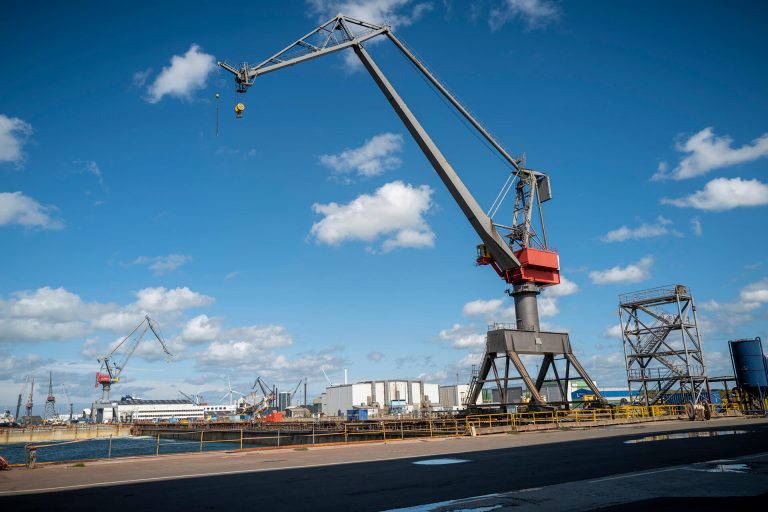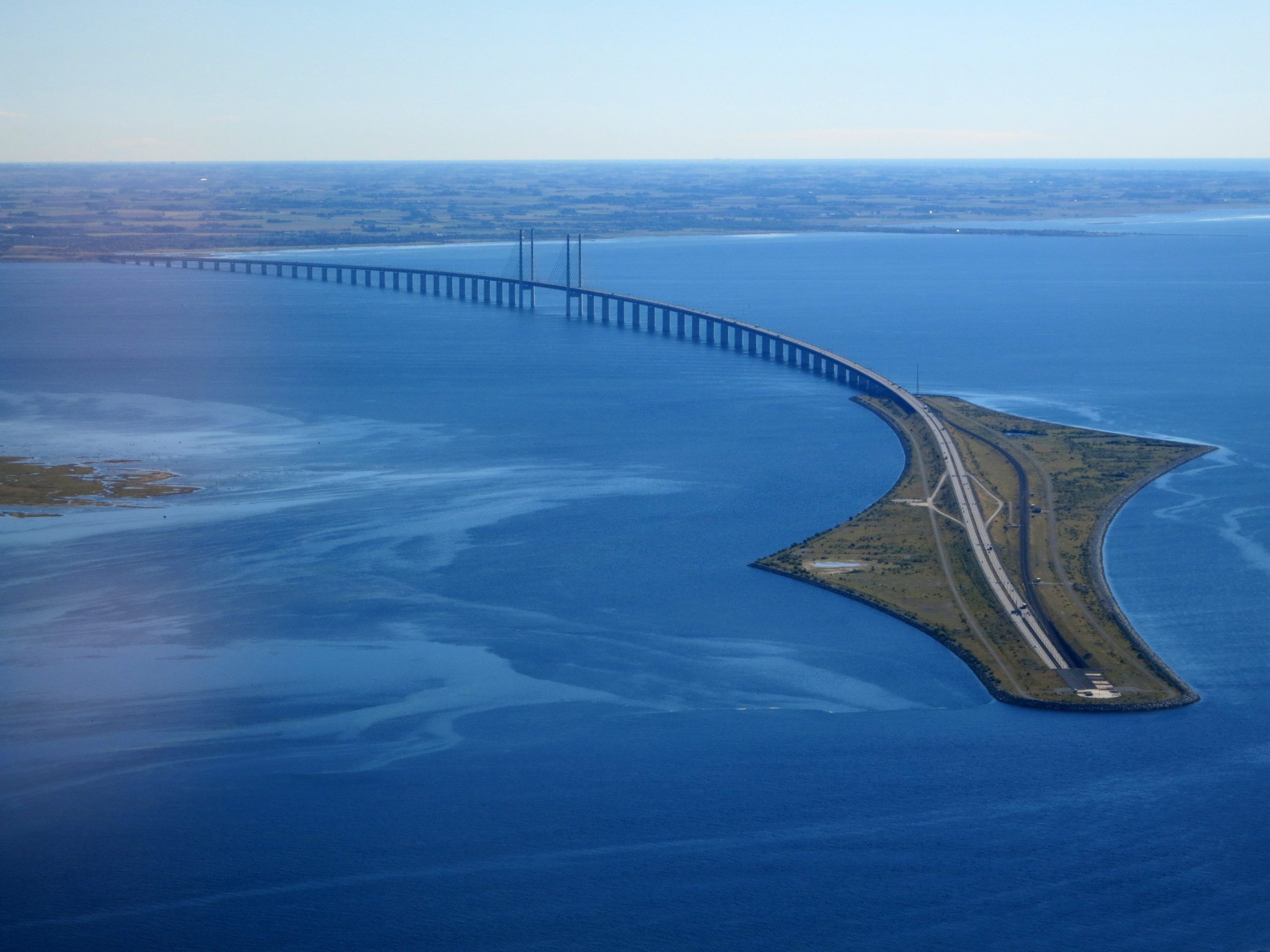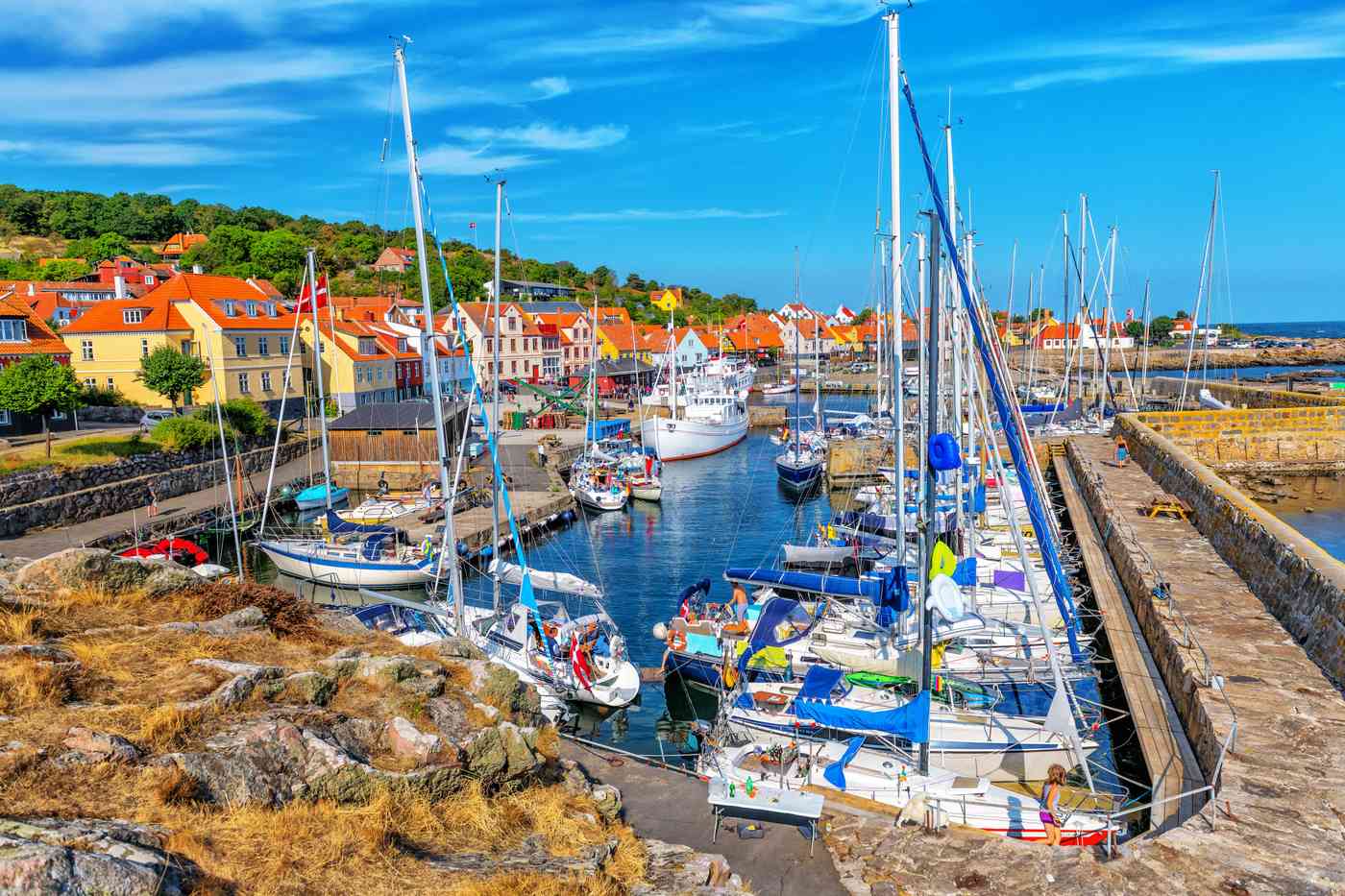European fishing ministers rejected adopting a Danish-style tradable quota systems in Luxembourg last week on Friday, but agreed on working toward greater regional control of fisheries.
The Danish tradable quota system was introduced by the former government in 2003 and allows fishermen to trade their fishing rights, thereby leading to fewer fishing vessels.
But while the European ministers rejected this approach, the Danish agriculture and fisheries minister, Mette Gjerskov (Socialdemokraterne), argued there was still a need to reduce overcapacity in Europe’s fishing fleets.
“Denmark has introduced transferable fishing quotas. But I am fully aware that it does not mean that it will work well in all member states. What works well in one place may have the opposite effect in another,” Gjerskov stated in a press release after the meeting. “It is important to eliminate excess capacity and more national co-decision may be reasonable whether it is with regard to trading fish quotas or other measures. The main thing is to find effective solutions. All member states must contribute to a more sustainable development.”
Gjerskov recently reduced the maximum share a single fisherman may hold down to five percent of the North Sea cod quota and 7.5 percent of the Kattegat plaice quota in order to prevent quotas becoming too concentrated in the hands of too few fishermen.
Despite this reduction, Jeppe Høst, a researcher into the Danish quota system at the University of Copenhagen, argued that fishermen are still allowed to buy too large a share and thus wield too much control over markets.
“In the US state of Alaska, the individual quota is set at around one percent of the total,” Høst told Politiken newspaper. “That ensures that there is space for about 100 fishermen within a total quota. But when you have limits of between five and ten percent, like we do, then you may end up with only between five and 20 fishermen in a quota.”
According to figures from the Institute of Food and Resource Economics at the University of Copenhagen, 106 fishing vessels – 15 percent of all commercial fishing vessels – are responsible for 90 percent of the Danish catch.
Høst said that the purpose of the quota system was never to allow such high concentrations of fishing quotas in the hands of so few fishermen.
Further problems within the Danish fishing industry concern the uneven distribution of state subsidies as reported by Politiken last November.
According the newspaper, nearly 1,400 professional fishermen received state subsidies, but 57 percent of the 400 million kroner that was distributed between 2004 and 2010 went to just 20 fishermen.
Friday's meeting – which was chaired by Gjerskov due to Denmark holding the rotating presidency of the EU – set the tone on reforming the EU's Common Fisheries Policy (CFP) ahead of further informal talks of fisheries ministers this June in Denmark.-One of the main talking points is expected to be the UK-backed discards ban that would force fishermen to land all their catch in exchange for compensation.
Millions of tonnes of fish are discarded at sea by European fishermen every year because of the European quota system that prevents fishermen from landing fish that they do not have the quota for. Large fishing vessels also employ the practise of discarding lower value fish to make space for higher value fish in order to maximise their profits.
An attempt to block a discards ban by France and Spain in March was abandoned after it was decided that any discards ban would be looked at on a regional basis rather than by fish species.
If only to reinforce this message, Gjerskov stated on Friday that future CFP reform would return more power to individual regions in controlling their fishing fleets.
“Regionalisation is all about making the right decisions at the right levels, thus getting rid of micro-management from Brussels,” Gjerskov said in the press release. "At the same time we must ensure a level playing field."















